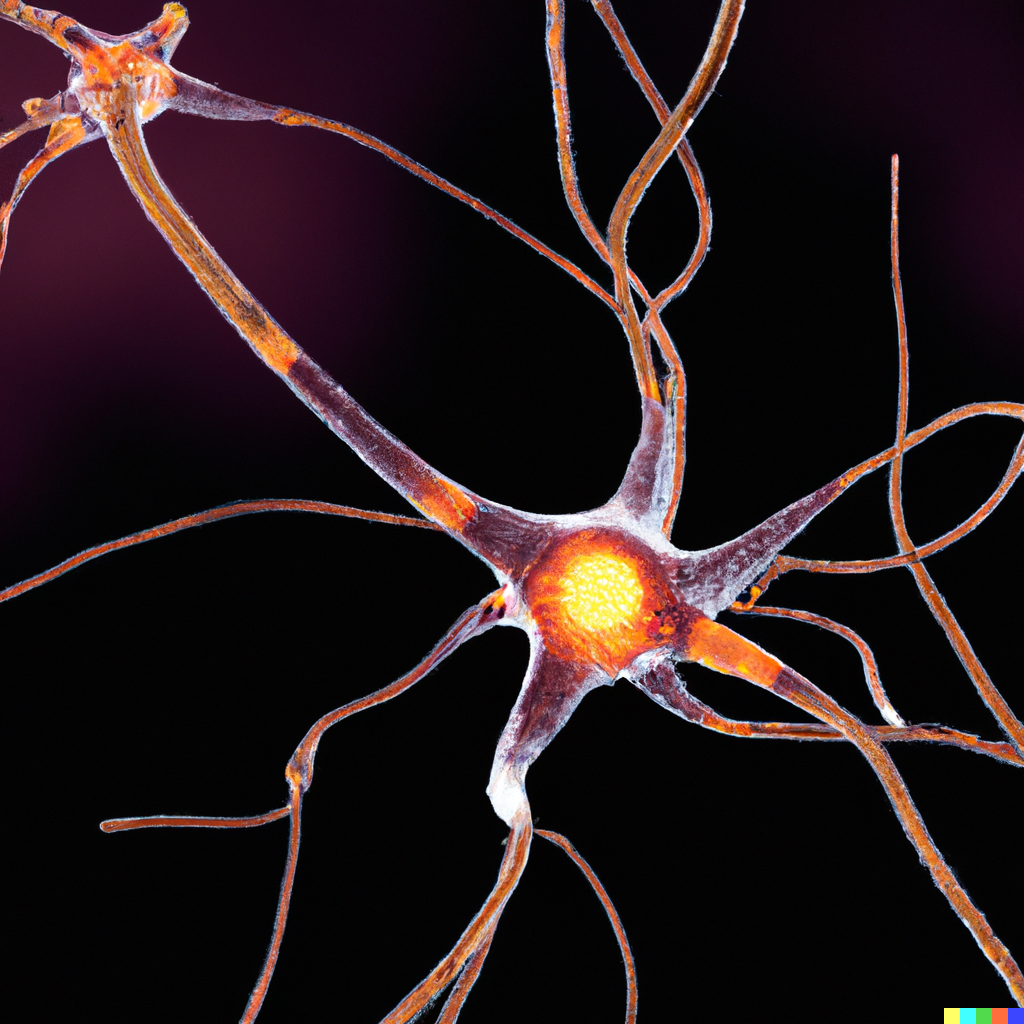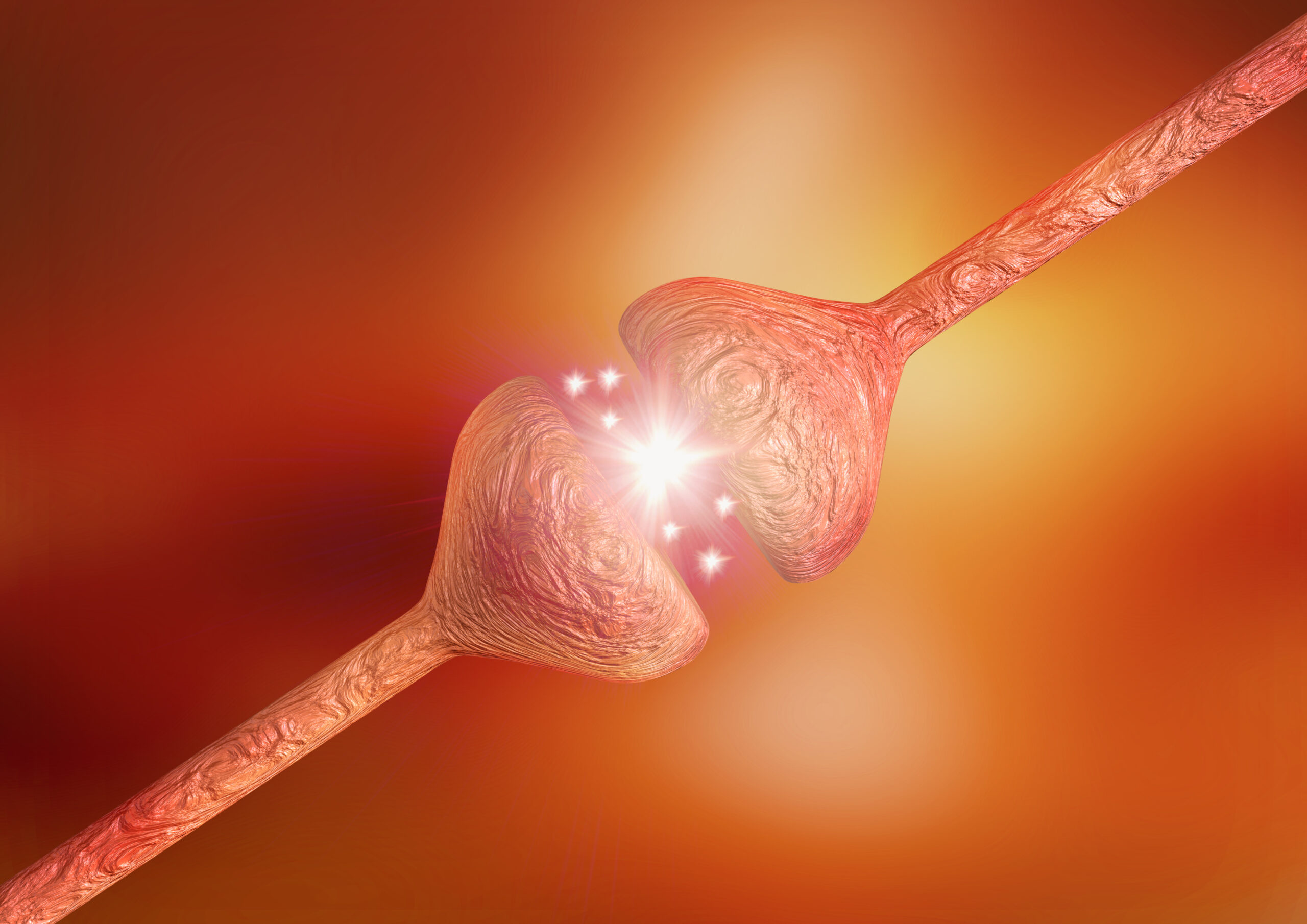Reminiscene Therapy for Alzheimer’s Disease

Reminiscence therapy is a type of therapeutic intervention that involves recalling, discussing, and reflecting on personal memories and past experiences. The goal of this therapy is to provide an opportunity for individuals to reflect on their life history and to connect with their personal past. This can provide a sense of comfort and familiarity, especially for those with declining memories or dementia.
One of the key benefits of reminiscence therapy is the improvement of emotional well-being. When individuals reflect on their personal memories, they can revisit positive experiences and emotions, which can have a positive impact on their current mood and outlook. This can help to reduce feelings of sadness, anxiety, and depression, and promote a sense of comfort and connectedness.
Another benefit of reminiscence therapy is its ability to improve cognitive function. Engaging in discussions about personal memories can help to stimulate the brain, and improve recall of past experiences. Furthermore, reflecting on past memories can help to reinforce the connections between events and people, making it easier to remember these experiences in the future.

One potential drawback of reminiscence therapy is that it can trigger negative emotions or memories. Some people may find it difficult to discuss certain experiences, especially if they are associated with loss, trauma, or other negative experiences. It is important for the therapist or facilitator to approach these situations with sensitivity and provide support as needed.
Another potential drawback is that some individuals may not have many positive memories to reflect upon. For example, if someone has had a difficult life or experienced trauma, they may struggle to find positive experiences to reflect upon. In these situations, it is important for the therapist or facilitator to provide a supportive and safe environment where the individual can discuss their experiences in a non-judgmental manner.
Here are some common tools or techniques that can be used for this type of therapy for our loved ones with dementia:
- Photo albums: Physical photo albums can provide a tactile experience and allow individuals to touch, feel, and view images from their past. This can help to evoke strong emotions and memories, and provide a sense of connection with their personal history. You can also try and share new memories with a polaroid camera.
- Music: Music can be a powerful tool in reminiscence therapy, as it can evoke strong emotions and memories associated with certain songs and musical styles. This can be used to initiate discussions about past experiences and can provide a sense of comfort and familiarity.
- Memory boxes: A memory box is a collection of personal items, such as letters, trinkets, or other memorabilia, that are associated with specific memories or experiences. This tool can help to stimulate conversation and encourage individuals to reflect on their personal history.
- Life story books: Life story books are a type of scrapbook or journal that provides an opportunity for individuals to reflect on their personal history and experiences. This can be a collaborative project between the individual and their family, friends, or care team, and can provide a sense of connection and familiarity.
- Video recordings: Video recordings, such as home movies or interviews, can provide a visual representation of personal memories and experiences. This can be a powerful tool in reminiscence therapy, as it provides a sense of connection with the past and allows individuals to see themselves and their experiences.
- Art supplies: Art supplies, such as paints, markers, or clay, can be used to help individuals express their personal memories and experiences in a creative way. This can provide an opportunity for self-expression and can help to stimulate conversation and reflection.

These are just a few examples of the many tools and products that can be used in reminiscence therapy. The most important thing is to choose tools and activities that are meaningful and enjoyable for the individual, and that provide a sense of connection with their personal history.
Reminiscence therapy is a valuable tool for improving mental and emotional well-being, especially for older adults and people with dementia. By providing an opportunity for individuals to reflect on their personal memories and past experiences, this type of therapy can help to promote emotional comfort, improve cognitive function, and provide a sense of connection with the past. However, it is important to approach reminiscence therapy with sensitivity and to consider the individual’s experiences and needs carefully!





